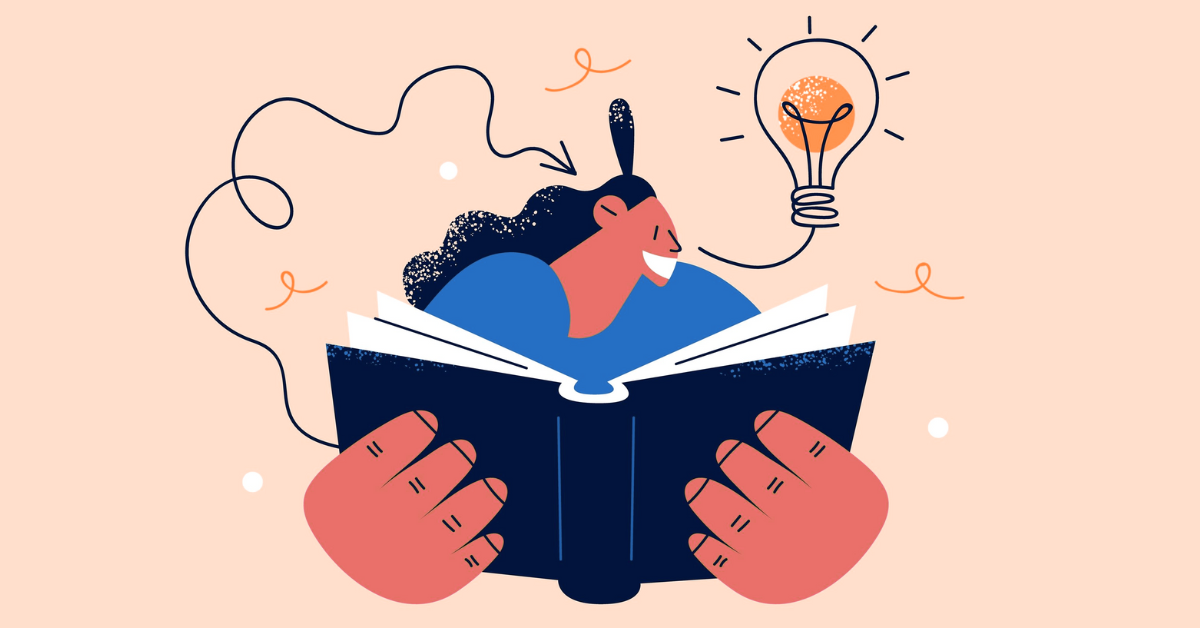The Place of Knowledge in Education

Knowledge is the backbone of education and a cornerstone on which students raise their understanding, thinking, and intellectual development. The world has grown fast and is advanced in its information flow to the brim, so the role of knowledge in education cannot be done away with. This blog explains why knowledge is important in education with regard to the effect it has on student development, societal progress, and lifelong learning.
Foundation for Understanding and Learning
It can be defined as the act of providing knowledge and broad understanding in various fields. Knowledge is what students have, which they can apply toward developing critical thinking, analyzing information, and making decisions. Be it mathematics, science, history, literature, or the arts, acquisition of knowledge enables them to have an overview of the basic concepts and find out the complex ideas, thus engaging with the world effectively.
For instance, in mathematics, a student with background knowledge of arithmetic and algebra can apply mathematical procedures in problem-solving and apply learned mathematical ideas to situations mirroring life contexts. Again, knowledge of devices, themes, and historical context goes on to give deeper meaning and appreciation for texts in literature. Constructing an adequate knowledge base gives more than deeper understanding of subjects; it gives the learner a curiosity-driven approach to learning.

Empowerment and Self-Efficacy
Knowledge empowers students with the ability and confidence to navigate any challenge that may emerge on their way to their goals, aspire to something in life, and contribute towards society. While learning, one obtains a sense of self-efficacy, meaning belief in one’s ability to achieve certain goals or surmount specific obstacles through hard work and effort. Such an empowering feeling helps in promoting the development of resilience and growth mindset in students while facing learning opportunities and new areas of interest.
It expands their horizon, broadens their vision, and makes them realize cultural diversity, global understanding, and issues, and experiences of others. Through such varied knowledge, learners can develop empathy, critical consciousness, and social responsibility—practices rather central to active citizenship and civic engagement.
Preparing for Challenges of the Future
In a knowledge-based economy, young pupils will significantly rely on a good knowledge base to succeed in a dynamically changing job market and technological landscape. Only high competency in STEM subjects, complemented by interdisciplinary knowledge and critical thinking in a student, will help him or her prosper in the Digital Age.
This would include, for instance, enhancement of graduates moving into technology and innovation with computer science and programming languages, and environmental science and principles related to sustainability that would foster responsible stewardship of natural resources. Education enables the individual, through relevant knowledge and skills equipped to the latter, to cope with changes in industries, solve complex problems, be innovators, and contributors to economic growth.
Life-Long Learning and Adaptability
The paper focuses on education as the acquisition of knowledge for today and its cultivation in terms of a lifelong passion for learning, which will adapt to challenges to come in the future. Continuous learning and upskilling are definitive characteristics of that world in continuous change through technological shifts and globalization if one is to remain relevant and competitive within today’s workforce.
It demonstrates the value of curiosity, inquiry, and intellectual exploration, with a view to instilling a lifelong thirst for knowledge. Education puts forward the pursuit of new knowledge by questioning assumptions and embracing intellectual curiosity. Through that, a mindset for continuous growth and adaptation is cultivated.
Development of Critical Thinking and Innovation
A culture bathed in knowledge will provide the cultivation required for critical thinking, creativity, and innovation that spur scientific discovery, technological advancements, and cultural achievements. They are helped to acquire an ability for critical evaluation, analysis of perspectives, and formulation of reasoned judgment with exposure to diverse knowledge.
For example, knowledge of theories and empirical evidence guides experimentation and testing of hypotheses in scientific research that has given the world new discoveries and helped medicine, technology, and environment sustainability. Knowing historical contexts, cultural movements, and artistic techniques can—and has—set the spark of creative expression and innovation in the arts and humanities.
Conclusion
In sum, it is through knowledge that education empowers learners to provide basic blocks for constructing understanding, critical thinking, and lifelong learning. Through acquisition of knowledge in all disciplines, learners get deeper insights into the matters before them not just for empathetic consideration but also toward resilience and social responsibility.
As educators and policymakers do more to improve educational outcomes—developing students for a better future—the emphasis on gaining knowledge and utilizing it has been critical. The culture of inquiry, curiosity, and intellectual exploration may, therefore, define learning to create a new generation of empowered learners to work through many of the challenges facing the world today and drive innovation and creativity that will bring about a brighter future for all of humanity.
Eventually, it is much more than provision of facts; the search for knowledge in education is about making people think critically and be in a position to adjust to change in a bid to positively contribute to their communities and the world at large. Knowledge transforms education into force, thus enriching lives, expanding opportunities, and unleashing human potential.
Engendering Informed Citizenship
It helps to develop an informed and responsible citizen. A democratic society requires that its nationals be educated in order to actively participate in civic discourse, contribute towards making decisions, and work towards social justice. Students shall form an informed view of historical events, political systems, and current issues in society, culminating with the critical thinking necessary for the analysis of complex problems, consideration of varied viewpoints, and productive addition to public debate.
It further gives the student a sense of civic duty and ethical responsibility toward democratic values with respect to diversity and inclusivity within their communities. Interlinking an individual entity as a driver toward a positive society that is just, fair, and sustainable.
Embracing Interdisciplinary Connections
In a vastly interdependent world today, knowledge moves beyond the boundaries of disciplines and hence implies that the need for interdisciplinary learning in education is huge. Students, through this course, shall be able to understand holistic positions about complex issues through the finding of links across various streams of study—like science and ethics, technology and humanities, or economics and environmental sustainability—and develop innovative solutions to problems.
Interdisciplinary knowledge is useful in creativity and innovation since joint actions are executed by diverse perspectives and expertise. For example, addressing global challenges, which are climbing, like climate change, will require integrated knowledge in environmental science, policy analysis, economics, and social justice in the quest for inclusive solutions. Therefore, interdisciplinary connections have situated education at a vantage position to empower graduates to engage multilevel challenges by leveraging diverse vantage points for positive change-making in the rising complex, interconnected global landscape.
These things, integrated into practices in education, provide the learner—very aside from enriched learning experiences—with knowledge and the ability to deal with complex issues in the world today, make positive contributions to society, and to live a full life that is now possible because of continuous intellectual growth and exploration.
Read More Educational News – Click Here
